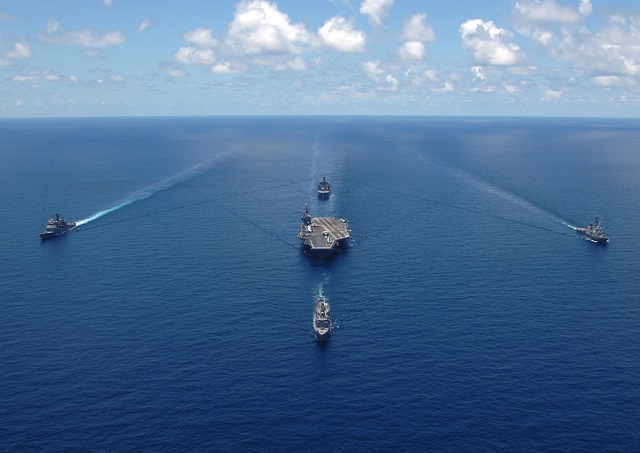The insurer states that the crisis is not now a significant source of worry.

According to Allianz Trade, the recent assaults by the Houthi group on merchant vessels in the Red Sea have resulted in significant interruptions to international shipping. This has resulted in longer travel distances and higher expenses.
The Red Sea is of significant importance in international commerce, since it facilitates the transit of approximately one-third of all container traffic worldwide and 40% of trade between Asia and Europe. Furthermore, the Suez Canal handles 12% of global seaborne oil and 8% of liquefied natural gas (LNG) shipments.
From Jan. 7, the shipping volume in the Suez Canal decreased by 15% compared to the same period last year. The Bab-el-Mandeb Strait, the entrance to the Red Sea, had a significant decline of 53%. The volume of cargo ships and tankers transiting through the Suez Canal experienced a reduction of 30% and 19% respectively. Simultaneously, there was a substantial surge in shipping activity near the Cape of Good Hope, with cargo ships experiencing a 66% rise and tankers witnessing a 65% increase.
Although shipping prices have experienced a substantial surge since November 2023, with a 240% increase as of early January, they are still just a fifth of the highest level observed in 2021. Given the current demand conditions, elevated inventories in consumer goods sectors, and expanded capacity through the introduction of new containerships, the likelihood of price increases appears to be reduced in comparison to 2021. Nevertheless, if the situation continues beyond the initial six months, it might escalate the repercussions on worldwide supply networks.
The situation remains under control as long as the disturbances are short-lived.
If disruptions are temporary, it is anticipated that the inflation, GDP, and trade will not be significantly affected by the increase in logistic costs in the short run. The impact of doubling shipping costs on inflation is far greater in Europe and the US, potentially resulting in a 0.7 percentage point rise, compared to a 0.3 percentage point increase in China. Regarding worldwide inflation, this might potentially result in a rise to 5.1% by the year 2024.
Europe’s GDP growth might potentially decline by 0.9 percentage points, while the US may experience a dip of 0.6 percentage points. This has the potential to result in a worldwide decrease in GDP growth to 2%. Nevertheless, extended disruptions may result in a decline of global trade growth in terms of volume by 1.1 percentage points to 1.9%, hence increasing the likelihood of a postponed recovery from the recession in 2023.
The crisis continues to cause significant fluctuations in European energy costs. After the initial attacks by the Houthi rebels, the Brent oil price, which serves as a benchmark in Europe, rose by almost 2%, but the US WTI price remained virtually unchanged. During the same time frame, there was a 3.6% increase in natural gas prices in Europe.
Notwithstanding these variations and ongoing assaults, oil prices have been decreasing as a result of reasons such as an excess supply that exceeded expectations, worries about global demand, and the continuous movement of tankers across the Red Sea. European natural gas prices are unlikely to be significantly affected by short-term supply tensions, as there are ample reserves and the heating season is coming to an end, despite a recent period of cold weather.
What do you think about this story? Share your thoughts below if you’d like.



